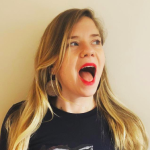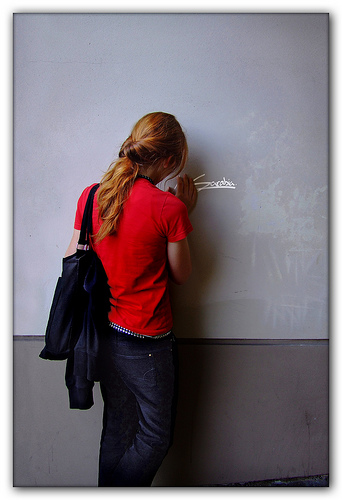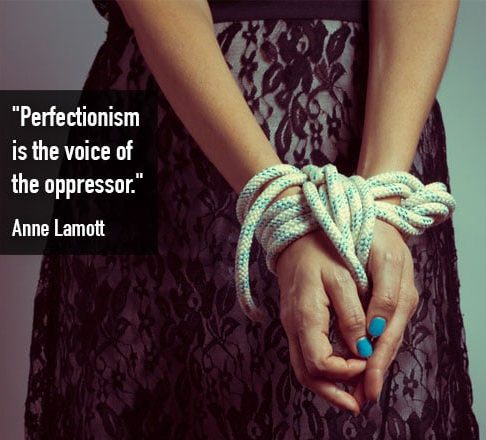On the Importance of Having a Community
Today’s guest post is by M. K. Rainey.
It’s amazing to me how some writers can go their entire careers without ever having a solid community. In fact, I’d argue that’s impossible.
Even the most Luddite and reclusive of authors have a community (obviously outside of social media), whether that’s family, friends, or loyal fans—if they’re lucky enough to be even somewhat successful.
Readers don’t just plop into your lap once you write a book, short story, poem, or essay. To find readers, you have to start with some kind of community. Family and friends are the most obvious starting place, but what if writers could be more supportive and help create that initial platform to share one another’s voices?
It’s hard to do. We have social media communities, like this one, where folks come together to like, repost, and share work. But most of that communication has a lifespan of fifteen seconds before dropping into the endless, digital ocean in which we toil.
While writing can and does have its impact on the reader, I find that most of the work I write for online platforms (including this very piece) doesn’t last in my audience’s memory for even a fraction of the time I spent to write it.
So how do we change that? How do we build community and make lasting impacts on one another beyond the internet’s ethereal plane?
Well, we do what humans have done since the beginning of us: we get together, in real life.
Five years ago, two friends of mine and I were living in that human hotbox known as Manhattan, in East Harlem. We were tired. Tired of traveling to the far reaches of Brooklyn to hear words from writers we admired.
For those who don’t live here, Harlem is to Brooklyn what Chicago is to Milwaukee, or what L.A. is to Santa Barbara, at least on a less-than-ideal day in public transit. So we did something to change that: we started our own reading series to help build community for writers in NYC living outside of Brooklyn’s gentrifying neighborhoods. We called it the “Dead Rabbits Reading Series”. This move, in ways I couldn’t have known, drastically changed the trajectory of my life for the good.
We built our reading series the way we build friend groups: we started small, but we kept showing up, kept uplifting one another, cheering each other on, bringing more and more artists into the fold in order to uplift them too.
Now, five years later, we’ve hosted nearly three hundred writers, readers, and artists, and there’s no sign of us stopping now.
The majority of my friendships in NYC have grown out of this reading series. A huge chunk of my literary audience began here too. However, we’ve gained even more than that. Career-wise, my cohost signed with his first agent through the series. I’ve been privileged to host countless writers I admire, write reviews and interviews for their books, and even publish essays on running a reading series.
Best yet, this year, we took our reading series to the next level and launched Dead Rabbits Books.
The lives and work of the artists we’ve hosted at our series has impacted me so greatly that my team and I decided we wanted to create a publishing company for them. We wanted to make our community bigger, stronger, more diverse, and unique. We saw the possibilities in creating a press. Not just any old small press, but a community-driven one that mirrored the work we’ve been doing in our series.
Our mission isn’t to chuck books at an audience. We want to give to the community as much as we receive, which is why we’re helping other people start their own literary and artistic communities. We’ve found an audience not by retweeting writerly memes but by sitting next to people, hearing their stories, looking them in the eyes, and sharing our vulnerabilities with one another.
We’re in the process of building these artistic communities in places such as Seattle, Little Rock, Baltimore, and North Carolina. Real communities. Real groups of people coming together in person to support one another and hear their work.
For us, this makes complete sense. Humans are pack animals and have always been. There might be parts of us that need to slip away and be alone for a while. I frequently have what I refer to as my “extrovert hangovers” which cause me to stay in bed and read all day.
But having a community on the other side of that lifts me up, encourages me to keep going, even on days when I feel weary of such work. I don’t know where I’d be without it. Certainly not writing this article.
You can do this too. Go build your own community. Whether it’s a book club, a writing circle, a reading series, or just a couple of writerly types gathering to talk shop in a bar regularly, you can do it. It doesn’t have to be serious or formal. Start small and it’ll get there. We did.
And, if you’re nervous about it, we’re here. We want to help. All you have to do is ask.

M. K. Rainey is a writer, teacher, and editor from Little Rock, Arkansas. She cohosts the Dead Rabbits Reading Series, and is the cofounder and editor-in-chief of Dead Rabbits, a literary press that collaborates with writers to create work that matters. Find more about here at her website.












I agree with you – we do need a community. But I’m unclear by what you mean by a reading series. Is it a workshop, a critique group, a book club? I’d be interested in the actual nuts and bolts of how you did this. Maybe I could start one too. I do feel starved for peers in the real world. Social media is a very poor substitute for this.
Thanks!
Anita